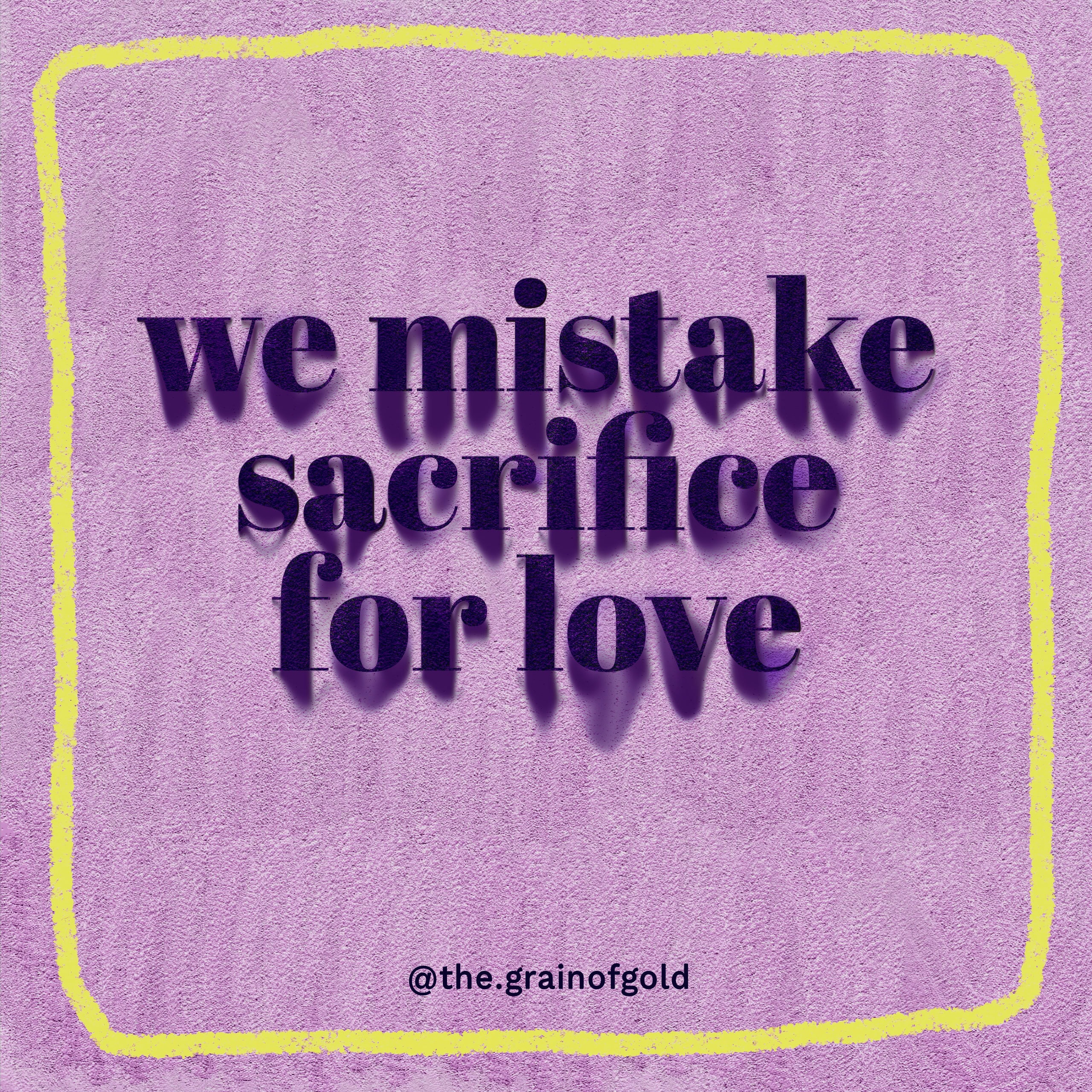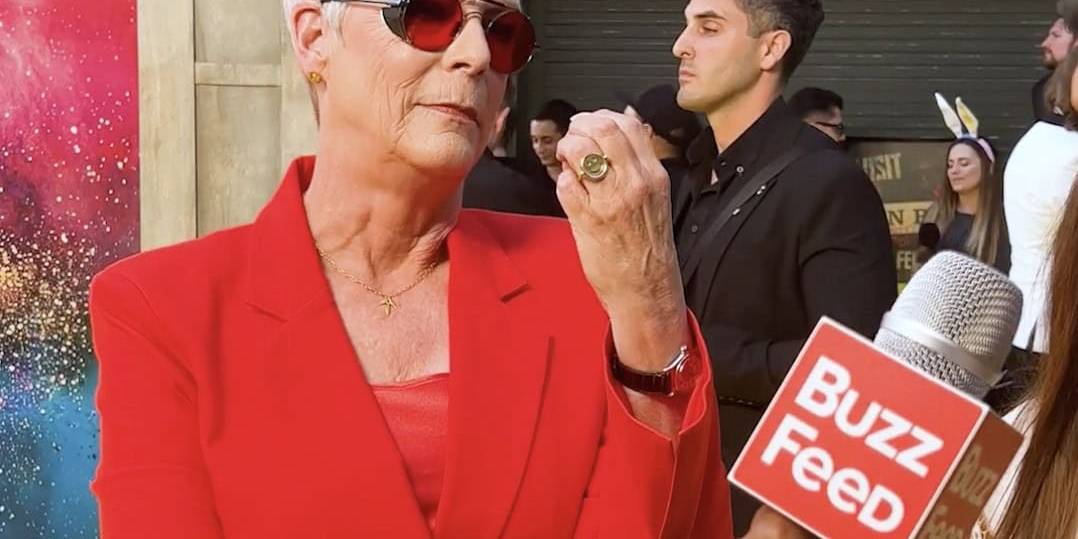What we misunderstand about love
What we might not realize is that the act of sacrifice usually means a loss for us.
We’ve been taught that sacrifice equals love, but that’s a misunderstanding. Think about it: if it really was love, we wouldn’t call it sacrifice. It would simply be an act of love. It would be given freely and joyfully, without expecting anything in return.
When we sacrifice something, we’re giving up something important or valuable to us. This could be our time, resources, personal goals, or even our own comfort or freedom.
We’ve been brought up to believe that being selfish is bad and being selfless is good. Sacrifice is seen as a noble display of selflessness.
However, selflessness and sacrifice are in fact not synonymous. While selflessness means helping others without thinking about oneself, sacrifice still involves the ego of the one making the sacrifice.
When we sacrifice something, we're giving up something important or valuable to us.
What we might not realize is that the act of sacrifice usually means a loss for us. So we might not do it willingly; we might even feel reluctant. But deep down, there’s often an expectation that we’ll get something back for what we’ve sacrificed. It might not be a direct trade, but there’s often an unspoken hope for some kind of recognition or return for our sacrifice, making it transactional in nature.
Whether we are aware of it or not, sacrifice is not the same as love. It is often tied to a conditional sense of self-worth.
True acts of love come from a place of fullness, gratitude, and devotion, where we feel that we have more than enough and can give wholeheartedly.
You may also like
Parents give, children take – is that so?
Parents usually think they're the ones who give, and kids…
Breaking the Loop: The Power of Owning Your Mistakes
We all mess up. Whether it’s snapping at someone we love,…
That summer feeling – A Playlist for the deeply accepting soul
As summer winds down, we can't help but reflect on the…





